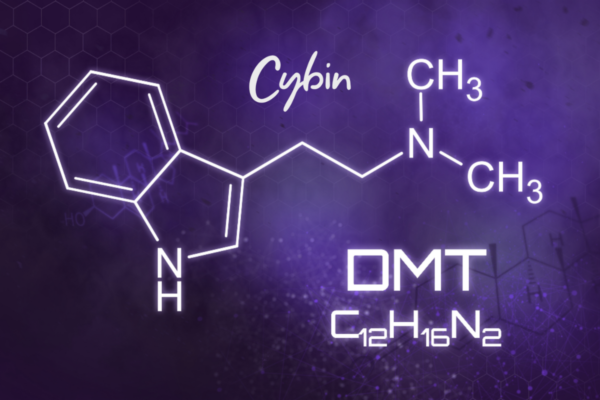
Vancouver-based biotechnology research company Core One Labs’ wholly-owned subsidiary Akome Biotech has designed a psychedelic drug formulation that has shown promise in treating Parkinson’s Disease.
The formulation, known as AKO004, comprises N,N-Dimethyltryptamine (DMT), and a specifically chosen, naturally occurring plant bioactive. Announcing the development on Monday, the company said it has filed a provisional patent application for the compound’s intellectual property with the United States Patent and Trademark Office (USPTO).
The company also says that initial data mapping suggests that AKO004 may play a neuroprotective role in the brain more generally. In a statement, Core One Labs CEO Joel Shacker said: “Cellular reprogramming has been very progressive over the last decade. Akome’s AKO004 drug formulation presents a strong indication as a viable candidate for the treatment of Parkinson’s Disease.”
Core One Labs acquired Akome Biotech in May 2021, broadening its psychedelics bio-pharma research and development division to include drug formulations that target and change the processes at the root of neurological disorders, and that can prevent neurological damage from those disorders. Akome Biotech already has four other provisional patents filed with the USPTO – two DMT-based addressing Parkinson’s Disease and Ischemic Stroke, one psilocybin-based addressing Alzheimer’s Disease, and one ketamine-based addressing depression.
An estimated 10 million people around the world are living with Parkinson’s Disease: a progressive neurodegenerative disease where nerve cells in the area of the brain that controls movement become impaired and ultimately die. There is currently no known cure for the disease or known way to slow its progression, however, there are treatments that can relieve some of the physical or mental symptoms associated with neurodegenerative diseases.
According to Akome Biotech, initial data analysis suggests that the AKO004 composition is safe and efficacious for use and that it presents many positive properties which could counter or mitigate neurodegeneration. These include antioxidant activity through downregulation of adhesion molecules, oxidative stress suppression through direct free radical scavenging, and upregulation of intracellular antioxidant defenses, such as enhancing glutathione levels.
Psychedelics show potential in treating Parkinson’s Disease and its symptoms with several life sciences companies currently pursuing research in this area. In May, psychedelic biotechnology company PharmaTher received FDA approval to study ketamine as a treatment for a common drug-induced side effect of Parkinson’s Disease treatment, a movement disorder known as levodopa-induced dyskinesia. The King’s College London is also currently recruiting for a clinical trial that will test the efficacy of psilocybin in treating Parkinson’s Disease Psychosis.





